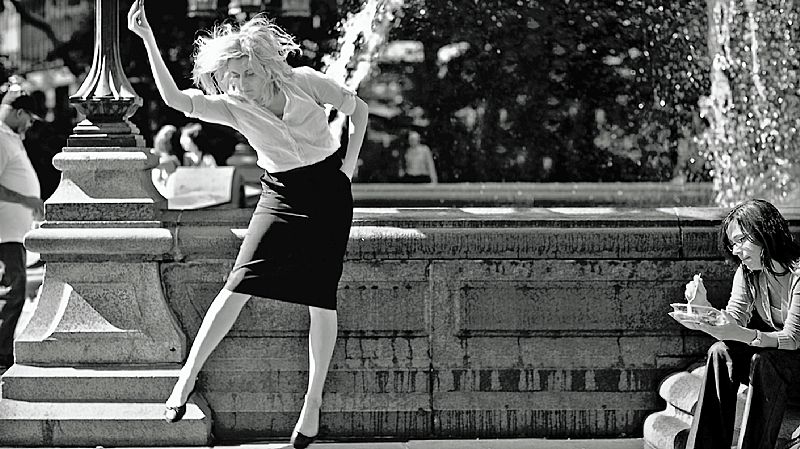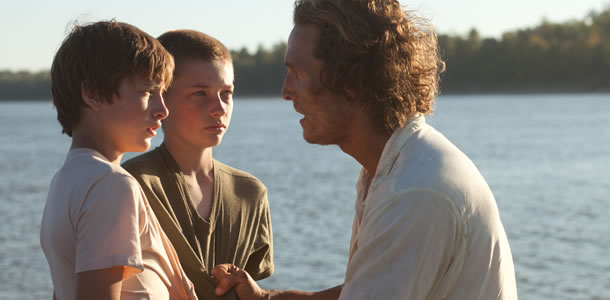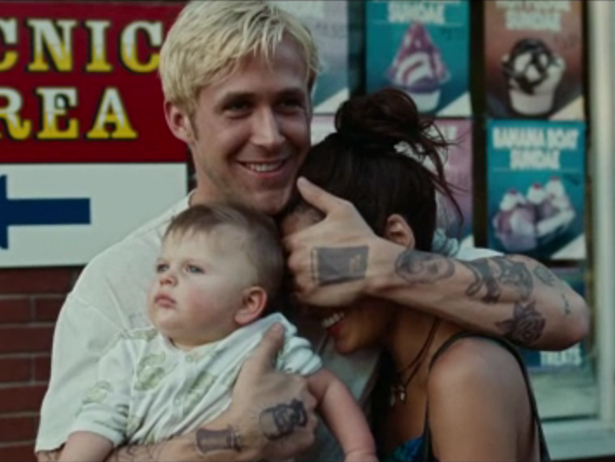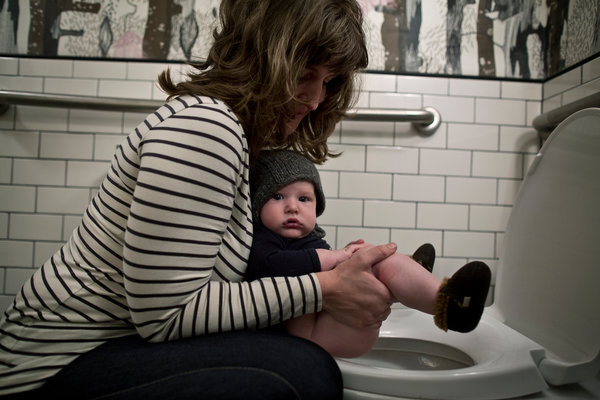
As a dedicated Before fangirl, I walked into the Before Midnight screening as excited as a LOTR fan viewing The Return of the King in hobbit feet. While aging along with Jesse and Celine (because time … it’s the worst), my relationship with the films has evolved. Watching Before Sunrise is now akin to reading the marginalia I made as an undergraduate: I cringe, yet part of me still thinks the flowers in Mrs Dalloway DO symbolize the emptiness of the phallocentric gift economy. And Before Sunset is now porn. That’s right, just porn. Because there are humanities majors who would much rather walk around a European city discussing art and relationships than actually having sex with, say, Channing Tatum. Spoiler alert: I am one of those people. But the only reason I can watch these films and not want to perpetually punch Ethan Hawke—and his alter ego Jesse—in the face is Julie Delpy. Although Delpy’s Celine is equally pretentious and neurotic, she’s also intelligent, funny, kind, and sexy as hell. She’s basically Wonder Woman for feminist cinephiles. So when Celine becomes just as annoying as Jesse, there’s a problem. Continue reading “Attack of the 40-Something Feminist!”








![diapers-articleLarge[1]](http://www.threeguineas.com/wp-content/uploads/2013/05/diapers-articleLarge1.jpg)